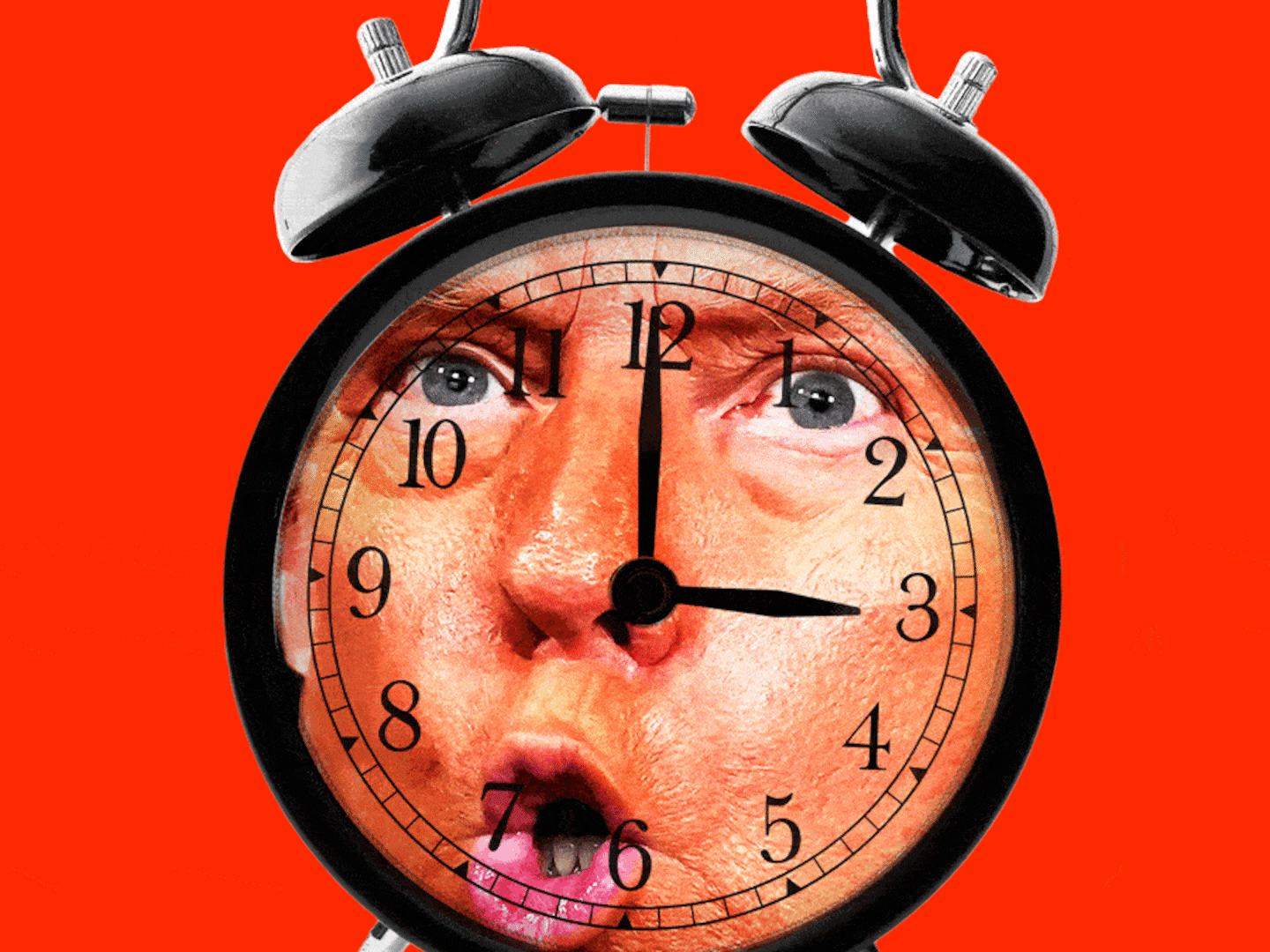
Four hundred years ago, upon the occasion of his sudden religious conversion, Henry de Bourbon famously remarked that “Paris is well worth a Mass.” Converting from Protestantism to Catholicism allowed him to become Henry IV, king of France, and he ruled over that nation happily ever after. (Until he was assassinated by a fanatic Catholic.)
The official story Americans are given about how the law works is a childish fairytale.
The first three days of Sonia Sotomayor’s testimony before the Senate Judiciary Committee bring Henry’s good-natured cynicism to mind. In theory, these hearings presented Judge Sotomayor with a difficult moral dilemma: On the one hand, she could give a halfway honest account of how federal appellate judges in general, and Supreme Court justices in particular, deal with the complexities of legal decision-making in situations where what “the law” requires is, at best, deeply unclear.
Or she could feed the Senate and the nation a bunch of nonsense about how, in the words of John Roberts at his confirmation hearings, judges are like baseball umpires. "Umpires don't make the rules; they apply them,” Roberts said. "And I will decide every case based on the record, according to the rule of law, without fear or favor, to the best of my ability. I will remember that it's my job to call balls and strikes and not to pitch or bat," he added.
This is nonsense because every case decided by the Supreme Court could, within the rules of the legal game, be decided in more than one way. A nominee who says that he “will decide every case based on the record, according to the rule of law” is saying precisely nothing—which of course was Roberts’ original intent.
In theory, this was Sotomayor’s choice. In practice, she was always going to do what every Supreme Court nominee does, which is to burble reassuringly about how, in her words, her judicial philosophy “is simple: fidelity to the law. The task of a judge is not to make law, it is to apply the law,” she said, repeating Roberts’ soothing pabulum, minus the references to baseball and apple pie.
Sotomayor’s performance, predictable though it was, drove some otherwise sympathetic observers up a metaphorical wall. For example, Mike Seidman, an unambiguously liberal Georgetown University law professor, fumed that he “was completely disgusted by Judge Sotomayor's testimony. If she was not perjuring herself, she is intellectually unqualified to be on the Supreme Court. If she was perjuring herself, she is morally unqualified.”
After elaborating on how absurdly simplistic and misleading Sotomayor’s description of appellate court decision-making was, Seidman went on to ask what it “says about our legal system that in order to get confirmed Judge Sotomayor must tell the lies that she told today? Perhaps Justice Sotomayor should be excused because our official ideology about judging is so degraded that she would sacrifice a position on the Supreme Court if she told the truth,” he added.
Perhaps—but it’s a sad state of affairs when a nominee in as strong a position as Sotomayor isn’t willing to risk even the most modest gestures toward judicial candor. To take an extremely simple example, consider her statement that she would “interpret statutes according to their terms and Congress's intent.” As any law student could tell you, a very common source of legal conflict occurs when the apparent plain meaning of statute’s text conflicts with the legislature’s intended meaning. In such circumstances, which meaning should prevail?
Someone like Justice Scalia would give one answer that question, while someone like Justice Stevens would give another. There’s one place, however, where you won’t find the answer to this exceedingly straightforward question: “the law.”
And the typical Supreme Court case involves legal questions that are orders of magnitude more complex than this example.
Of course Sotomayor knows all this, but as Seidman suggests, the official story Americans are given about how the law works is a childish fairytale, that in turn more or less requires people in Sotomayor’s position to utter innocuous banalities.
There’s plenty of blame to go around for this sorry state of affairs, but special mention should be given to the campaign carried out over the last generation by conservatives to convince Americans that “activist judges” are at the root of many of our national ills. This campaign has been based on the myth that there are clear lines between, for example, “interpreting the law” and “legislating from the bench,” and that it’s possible to decide controversial legal questions in a politically neutral fashion. And the success of that campaign is attested to by the intellectually degrading spectacle that is every contemporary Supreme Court nominee’s testimony.
Once these judges are on the court, however, they’re willing to play a different tune. Consider this quote from a recent Supreme Court case: “I am not so naïve as to be unaware that judges in a real sense ‘make law.’ But they make it as judges make it, which is to say as though they were finding it.”
Those are the words of Antonin Scalia—the judicial hero of so many of those who have been railing against activist judges and legislating from the bench. Naturally, neither he nor anyone else in his position is so naïve as to be unaware that even this glimmer of honesty would be unacceptable while testifying under oath before the Senate of the United States.
Paul Campos is a professor of law at the University of Colorado at Boulder.






